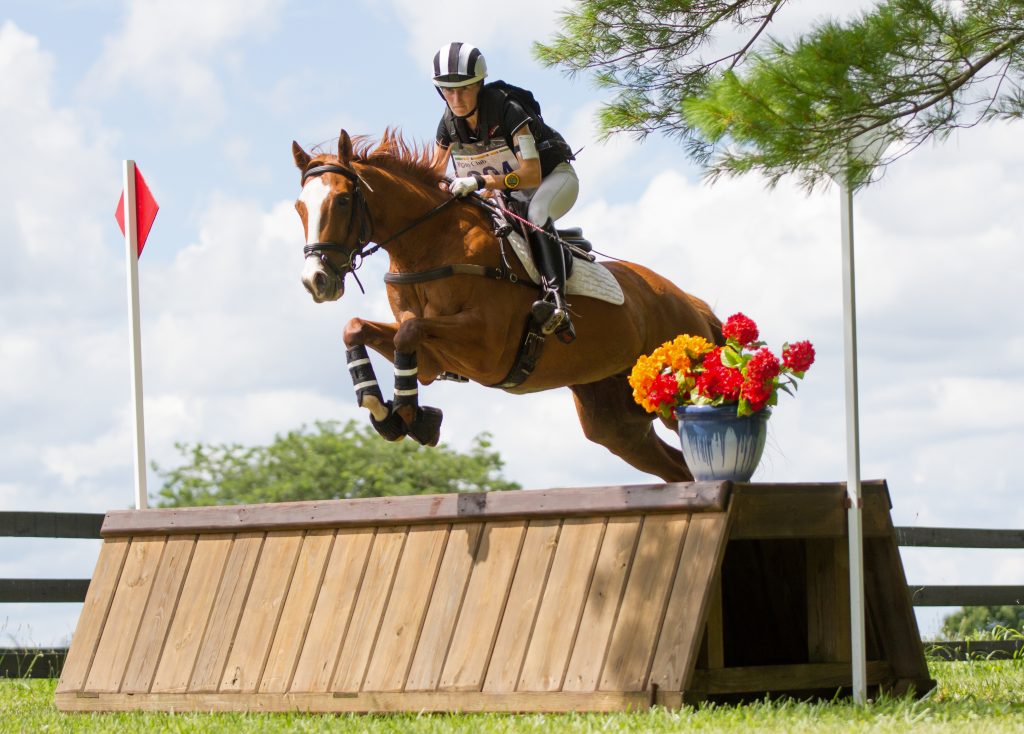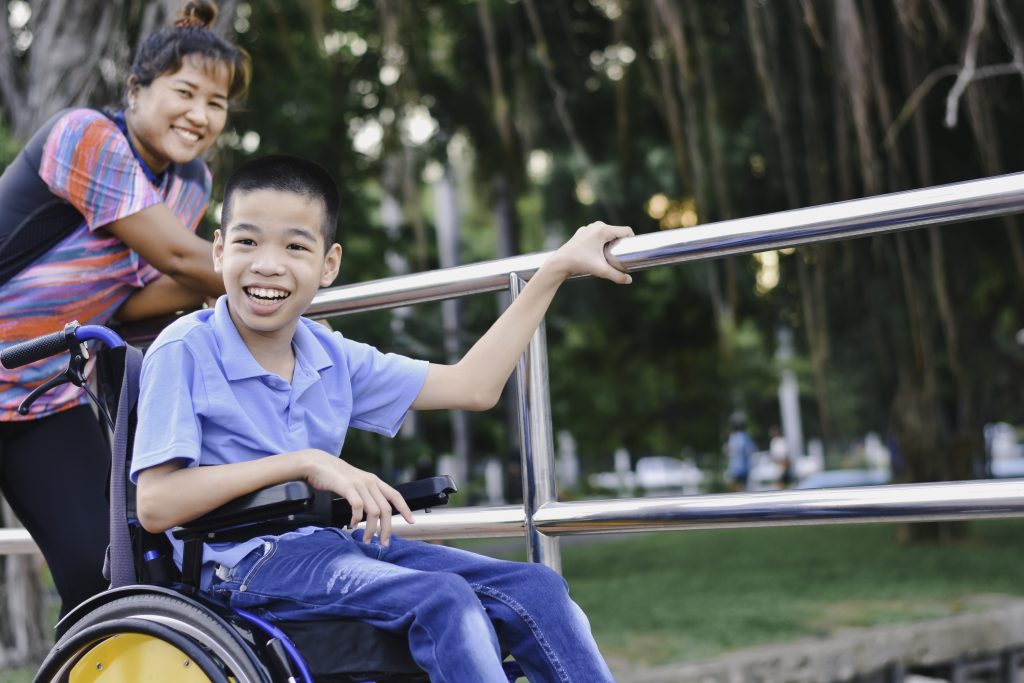Youth Behaviour Trajectories
Longitudinal studies allow us to observe behavioural changes and identify patterns over time, providing unique insight on how behaviours are affected by life events. New research using data from the Monitoring Activities of Teenagers to Comprehend their Habits (MATCH) study, which followed nearly 1,000 children for eight years, describes how Canadian youth follow different trajectories…
Nutrition & Injury
Did you know eating more fish could help protect you from brain injury? The SIRCuit explores the promise of omega-3 fatty acids, creatine, vitamin D, curcumin, high quality fats and carbohydrates, and good hydration in protecting athletes from sub-concussive injury.
Novel Approach to Concussion Return-to-Play Decisions Based on Canadian Research

New research from Université Laval is setting the stage for quicker return-to-play decisions that satisfy all the necessary player safety protocols by tapping into the expertise of licenced health care providers involved as team therapists. The four-year research project was led by Dr. Pierre Frémont, a practising sport physician and one of Canada’s leading authorities…
NWSIS Nutrition Infographic
Are you constantly feeling flat, tired and unmotivated? While stress could be the cause given the current circumstances, this infographic from the New South Wales Institute of Sport provides some other suggestions, including sleep patterns, dietary habits, overtraining and dehydration.
Cryotherapy
Cold-water immersion, also known as cryotherapy, has been used to treat injuries, reduce heat illness, and reduce delayed onset muscle soreness. Research in the International Journal of Athletic Therapy & Training found cryotherapy reduced an athlete’s perception of soreness but had no effect on muscle performance recovery following a single bout of training.
Nutrition Month
March is Nutrition Month. The benefits of proper nutrition for athlete training and performance are well established, however, the role of nutrition is often overlooked as a support for sport concussion recovery. Learn about the importance of hydration, omega 3 fatty acids, creatine, polyphenols and vitamins to concussion recovery in the SIRCuit.
Healthy Sleep Hygiene
Research clearly demonstrates the negative effects of sleep deprivation on athletic performance, including reduced reaction time, accuracy, submaximal strength, and endurance. Cognitive functions such as judgment and decision-making also suffer. Check out this infographic for tips on healthy sleep hygiene.
Sleep Infographic
Is getting better sleep one of your New Year’s resolutions? Sleep is essential in the preparation for, and the recovery from, training and competition. However, youth athletes who obtain less than eight hours of sleep per night may be at a higher risk of injury. Find out more in this infographic.
Including Children and Youth with Disabilities in the 24-Hour Movement Guidelines

Engaging in regular physical activity, getting enough sleep, and limiting time spent inactive are well known and evidence-based prescriptions for the promotion of overall health and well-being(Tremblay et al., 2016). In fact, the Canadian 24-Hour Movement Guidelines for Children and Youth (ages 5-17) — which consolidate the evidence-based daily requirements for physical activity and inactivity, as well as sleep, into a single…
Concussion Recovery and Nutrition
Despite increased awareness about concussion management, the role of nutrition is often overlooked as support for recovery. Learn about the importance of hydration, omega 3 fatty acids, creatine, polyphenols and vitamins to concussion recovery in the SIRCuit.